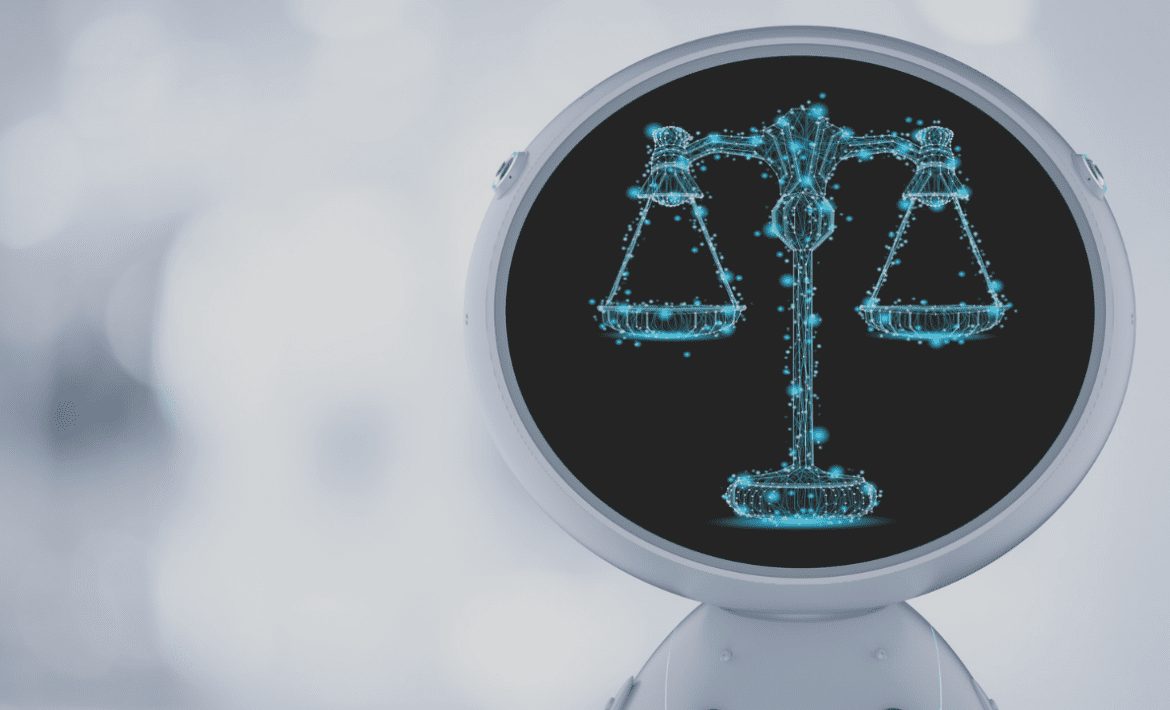Data protection guide for small businesses published by the EDPB
The EDPB has recently published a data protection guide for small businesses to aid with GDPR compliance. The European Data Protection Board (EDPB) has released a new guide aimed at helping small businesses comply with the GDPR, as stated in this report. The guide provides a comprehensive overview of the key principles of data















